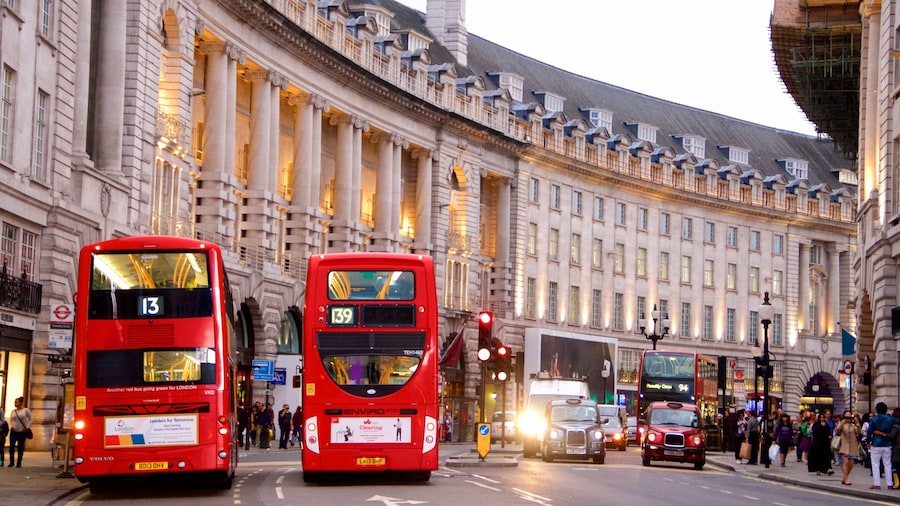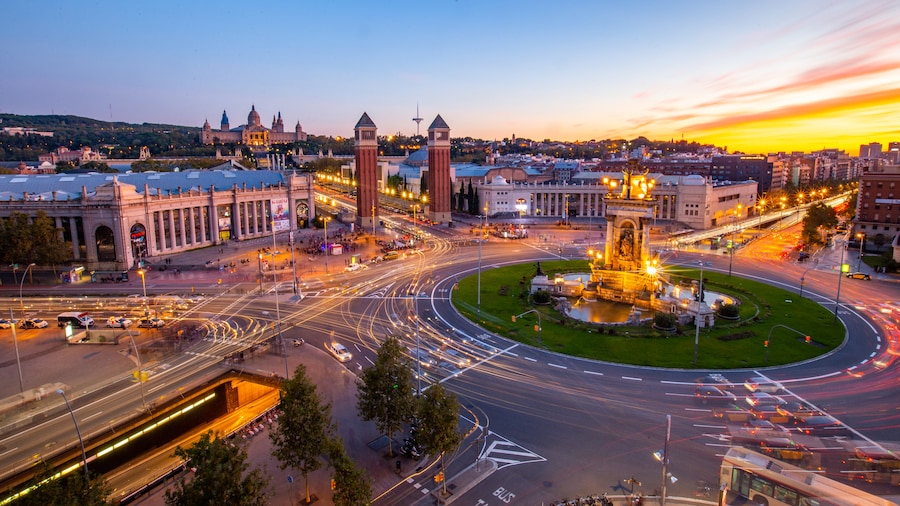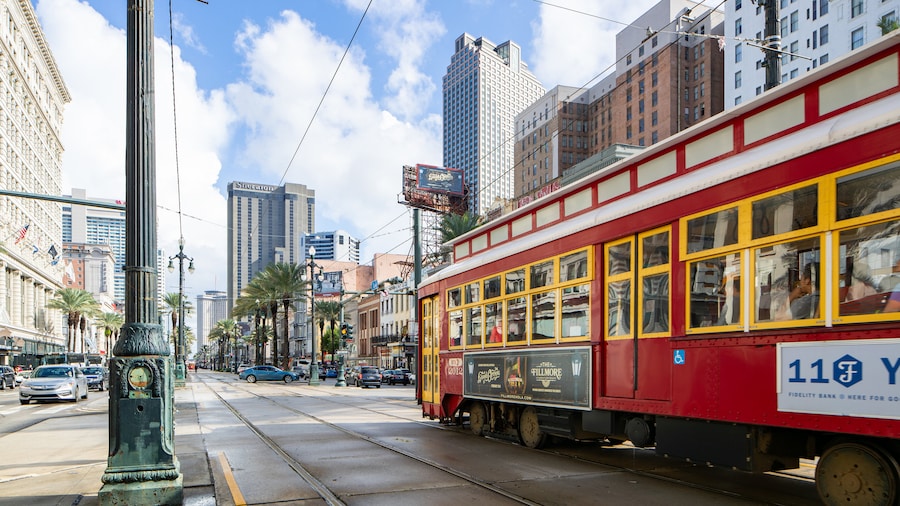
Boutique Hotels
精品型酒店
享受独一无二的精品度假
精品型酒店通常是具有当地特色的小规模独立住宿。通常,精品型酒店的客房数量不超过 100 间。部分酒店规模尤其小。这类酒店通常具有个性化的设计元素,高端的服务/设施,以及小而精的员工团队。
并非所有精品型酒店都是独立运营的实体。部分酒店由大型公司持有和管理。不论大小,精品型酒店都具有独特风格、贴心布置和暖心服务,每一家都独一无二。
Popular Destinations for Boutique Hotels
Highest rated Boutique Hotels around the world










What is the definition of a boutique hotel?
Boutique hotels pride themselves on being unique. They are typically small properties that are independently run or part of a small chain, with a strong personality and attention to detail, creating a more immersive and memorable experience for guests than the average hotel.
Size: Boutique hotels usually have less than 100 rooms. Sometimes as few as 10. Due to the small size, guests tend to get more attentive service and flexibility with special requests.
Guestrooms: Often fitted with luxury bedding, upscale bathrooms, premium toiletries and added unique touches. It's common to find each room in a boutique hotel looks different.
Ambience: You'll find distinctive decor and luxury artwork in every space from the lobby, to restaurants to guestrooms, often influenced by the local community or made by local artisans. There's likely to be several welcoming communal spaces.
Food: Some boutique hotels have a gourmet restaurant or cafe. In-room amenities may include a good coffee machine and interesting minibar selection.
Local community: Many boutique hotels support local businesses and involve the local community. Some boutique hotels are heritage hotels that preserve a cultural significance.
What is the difference between a boutique hotel and a regular hotel?
The main differences come from size, design and individuality.
Additionally, boutique hotels tend to incorporate Intricate designs, standout art pieces, involvement with the local community, and more inviting communal spaces free of crowds. All of these together with more flexible and attentive service, creates a more memorable experience for guests than a regular hotel affords.
Size and Identity: Boutique hotels are smaller, often with less than a hundred guestrooms. Most are independently owned, which gives them the freedom to express a strong unique character -- often chic and luxurious, sometimes quirky or historic. The unique decor and attention to upscale details features centrally in boutique hotels, whereas regular hotels might be more focused on function to cater to more guests.
Design and Individuality: Every space in a boutique hotel is often designed to be not only beautiful, but interesting and engaging for guests. No generic hotel art in sight. Where large chain hotels tend to have similar decor across their properties, boutique hotels are more likely to go for one-of-a-kind effect. They may even incorporate local influences or craftsmanship. It's also common for each guestroom to look completely different than the next.
Experience: The smaller size and independence of a boutique hotel allows staff to offer a more personal experience to guests compared to most other hotels. Larger hotels have to cater widely to many guests spread across a bigger property; hotel chains need to be consistent, sensible and similar across all properties in the brand; other small hotels aren't necessarily concerned with all the frills and luxury facilities. In contrast, at boutique hotels are able to focus on a small number of guests and offer fresh 4-star and 5-star amenities.
Is a boutique hotel the same as a luxury hotel?
No. Some boutique hotels are classed as luxury hotels, while others are not.
A boutique hotel must be small, whereas luxury hotels can be of any size. They are usually much larger, with hundreds of rooms. Boutique hotels are often independently-run or part of small boutique chain. Majority of luxury hotels are part of large international hotel chains. There are many luxury hotels that are not boutiques.
Not all boutique hotels are luxury hotels, but many are. A luxury boutique hotel will likely be fitted with luxury amenities like premium bedding, artisan toiletries and in-room conveniences, upscale decor and expensive furniture. It may also have a gourmet restaurant on-site.
Are boutique hotels expensive?
Not necessarily. The price of boutique hotels varies. Some boutique hotels are expensive to stay in, but others are not.
Most boutique hotels are independent and have upscale amenities. They are also committed to high-quality, attentive guest services. Together, this creates a luxury experience. Therefore it's not uncommon to find boutique hotels classed as luxury hotels with higher rates.
However, there are often affordable boutique hotels too. Especially when they are located outside the tourist hotspots and away from the hotel chains, you might find beautiful boutique hotels that are cheaper. Hotel chains also mean a consistent level of service and guests pay for that brand experience. Boutique hotels are independent and may in fact be cheaper. So it really depends on the hotel and the destination.
More Themes
- Hotels with Air Conditioning
- All Inclusive Hotels
- Hotels with Bar
- Beach Hotels
- Hotels with Breakfast
- Cheap Hotels
- Business Hotels
- Casino Hotels
- Hotels with Childcare
- Hotels with Connecting Rooms
- Hotels with Restaurant
- Family Friendly Hotels
- Golf Hotels
- Historic Hotels
- Apartment Hotel
- LGBT-Friendly Hotels
- Luxury Hotels
- Hotels with Parking
- Pet Friendly Hotels
- Hotels with Pool
- Adventure Sport Hotels
- Romantic Hotels
- Ski Hotels
- Hotels with Spa
- Green / Sustainable Hotels
- Wedding Hotels
- Hotels with WiFi
- Hotels with Yoga








